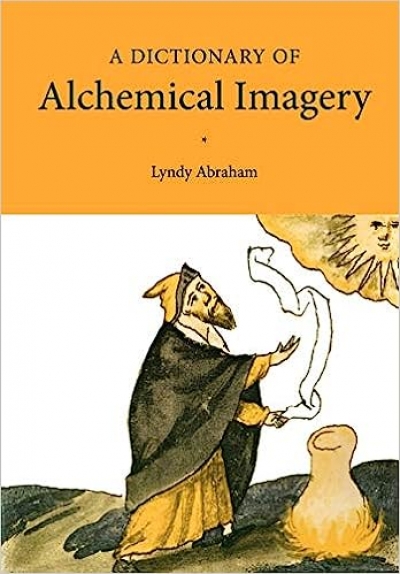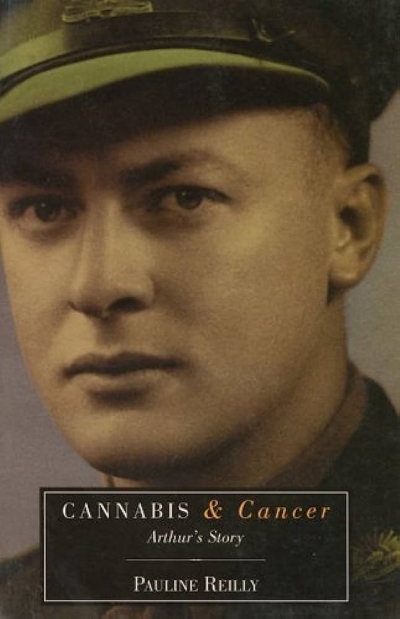Archive
At night the eyes return
to chaopolitan Pigalle,
its bright explicit boulevards,
those jagged unlit backstreets,
women lean and watch.
A Dictionary of Alchemical Imagery by Lindy Abraham
by Paul Salzman •
Cannabis and Cancer: Arthur’s Story by Pauline Reilly
by Michael McGirr •
Secrets Need Words: Indonesian Poetry, 1966-1998 edited by Harry Aveling
by John Mateer •
Reading Race: Aboriginality in Australian children's literature by Clare Bradford
by Margaret Dunkle •
These four titles are reissues of well-known texts, or of the work of well-known writers, from four different publishers. A good sign perhaps, very welcome at a time when publishing seems ever more ephemeral and when many works, even from the recent past, are unavailable.
... (read more)A Wealth of Women by Alison Alexander & Eating the Underworld by Doris Brett
by Joy Hooton •







